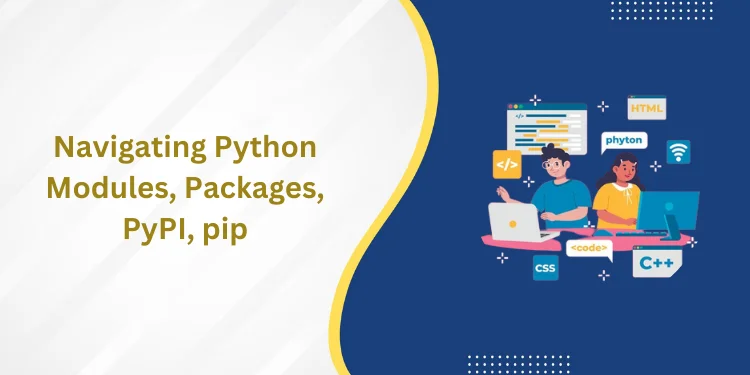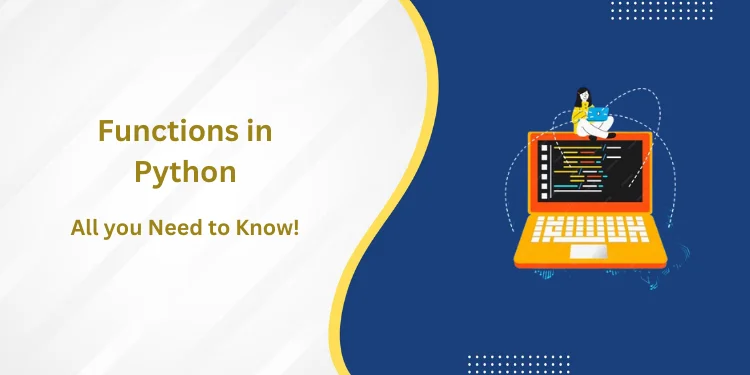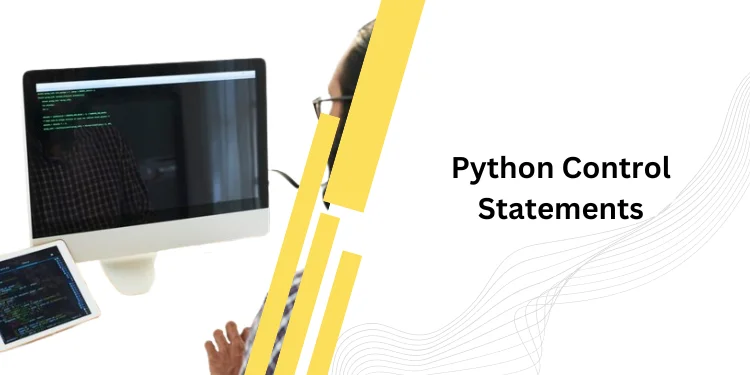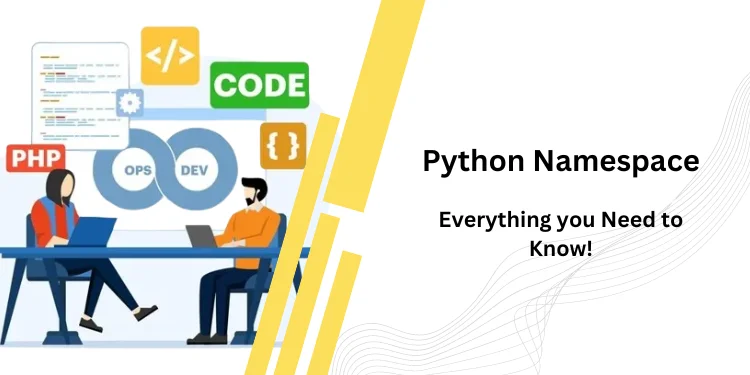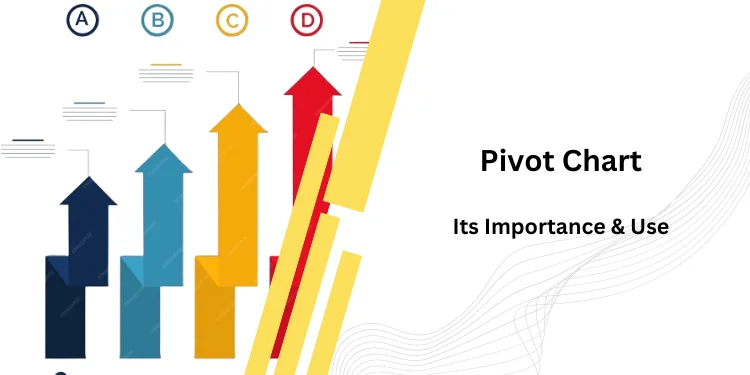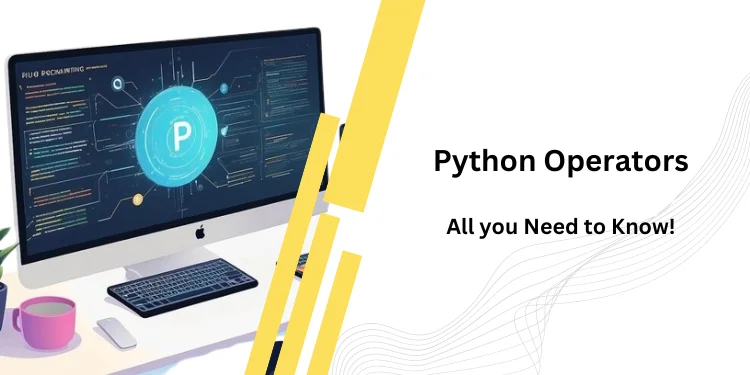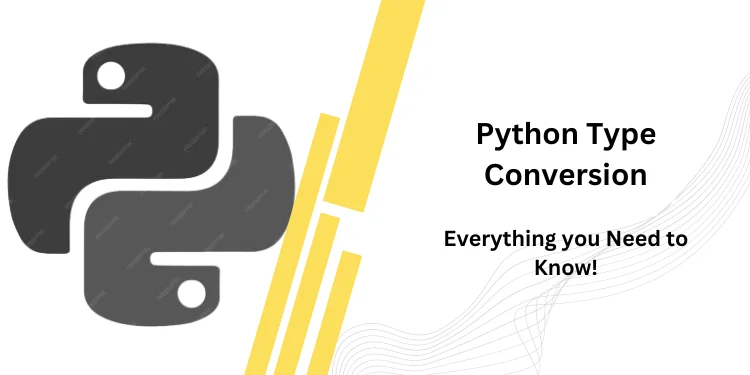Table of Contents
ToggleIntroduction to Data Science Program
Becoming a software programmer is not something that everyone is passionate about. You may be aspiring to become a successful IT professional that can be done by Data Science Program. But you may not like the idea of writing lines of code. If you are one such person who hates programming, but still would like to pursue your career in the ever-growing field of Information Technology, then there is good news. Numerous opportunities exist in the field of IT, that do not require programming skills. Amazing isn’t it?
So what are these non-programming or non-coding roles? Well, there is Data Science Program, to begin with. The rapid growth of Information Technology and smart devices today makes the flow of data on the internet grow exponentially. This pile of data is growing every day and it gets people and businesses thinking about how effectively we can use the available data to channel our decision making, manufacturing processes, customer relationship, etc., thereby growing our businesses, in parallel to retaining and growing our customer base.
The data not only helps in business growth but also tries and identify the size of the user base in different geographies, the user profiling, which gives an in-depth insight into the likes, needs, and perceptions of the consumers of your product or service. This is not all. There’s lots more that can be achieved with the power of big data today.
DataTrained’s big data analytics, big data engineering, and data science program help you achieve this goal of becoming a data scientist.
What Is Data Science? | Data Science Program

Data science is an interdisciplinary field that uses scientific methods, processes, algorithms, and systems to extract knowledge and insights from many structural and unstructured data. Data science is related to data mining, machine learning, and big data. Data science, or data-driven science, combines different fields of work in statistics and computation to interpret data for decision-making purposes.
By extrapolating and sharing these insights, data scientists help organizations to solve vexing problems. Combining computer science, modeling, statistics, analytics, and math skills along with sound business sense, data scientists uncover the answers to major questions that help organizations make objective decisions.
What Makes Data Science More Lucrative Than Programming?
A simple answer to this is, you don’t have to do any programming! There are pre-programmed tools available for data analytics and reporting that are available in the market. These tools help to make your life easier in terms of cleaning the data, segregating structured and unstructured data, identifying patterns, and more. As a data scientist, you will have to envision the right set of data models, stats, and figures that help inefficient decision-making for your business. You can become a data scientist too by opting Data Science Program.
Structured and Unstructured Data | Data Science Program

Structured data is comprised of clearly defined data types whose pattern makes them easily searchable; while unstructured data, which is clearly “everything else”, is comprised of data that is usually not easily searchable like formats of audio, video, and social media posts.
For doing any kind of analytics, you need to first convert this unstructured data into a structured dataset and then proceed with a normal modeling framework. The additional step of converting unstructured data into a structured format is facilitated by a Word dictionary. Structured data analytics is a mature process. Whereas unstructured data analytics is a nascent industry with a lot of new investment into R&D but is not a mature technology. The structured data vs. unstructured data issue within corporations is deciding if they should invest in analytics for unstructured data, and if it is possible to aggregate the two into better business intelligence.
Data Lake
A data lake is usually a single store of all enterprise data including raw copies of source system data and transformed data used for tasks such as reporting, visualization, advanced analytics, and machine learning. It is a repository of data stored in its natural/raw format, usually object blobs or files. Data lakes allow you to store relational data like operational databases and data from line of business applications, and non-relational data like mobile apps, IoT devices, and social media. They also give you the ability to understand what data is in the lake through crawling, cataloging, and indexing of data. This approach differs from a traditional data warehouse, which transforms and processes the data at the time of ingestion. The advantages of data lakes are, data is never thrown away because it is stored in its raw format.
Data lakes and data warehouses are both widely used for storing big data, but they are not interchangeable terms. A data lake is a vast pool of raw data, the purpose for which is not yet defined. A data warehouse is a repository for structured, filtered data that has already been processed for a specific purpose.
Conclusion
Data science experts are needed in almost every field, from government security to dating apps. Millions of businesses and government departments rely on big data to enhance their customer experience and grow their market share. Data science careers are in high demand and this trend will not be declining any time soon.





